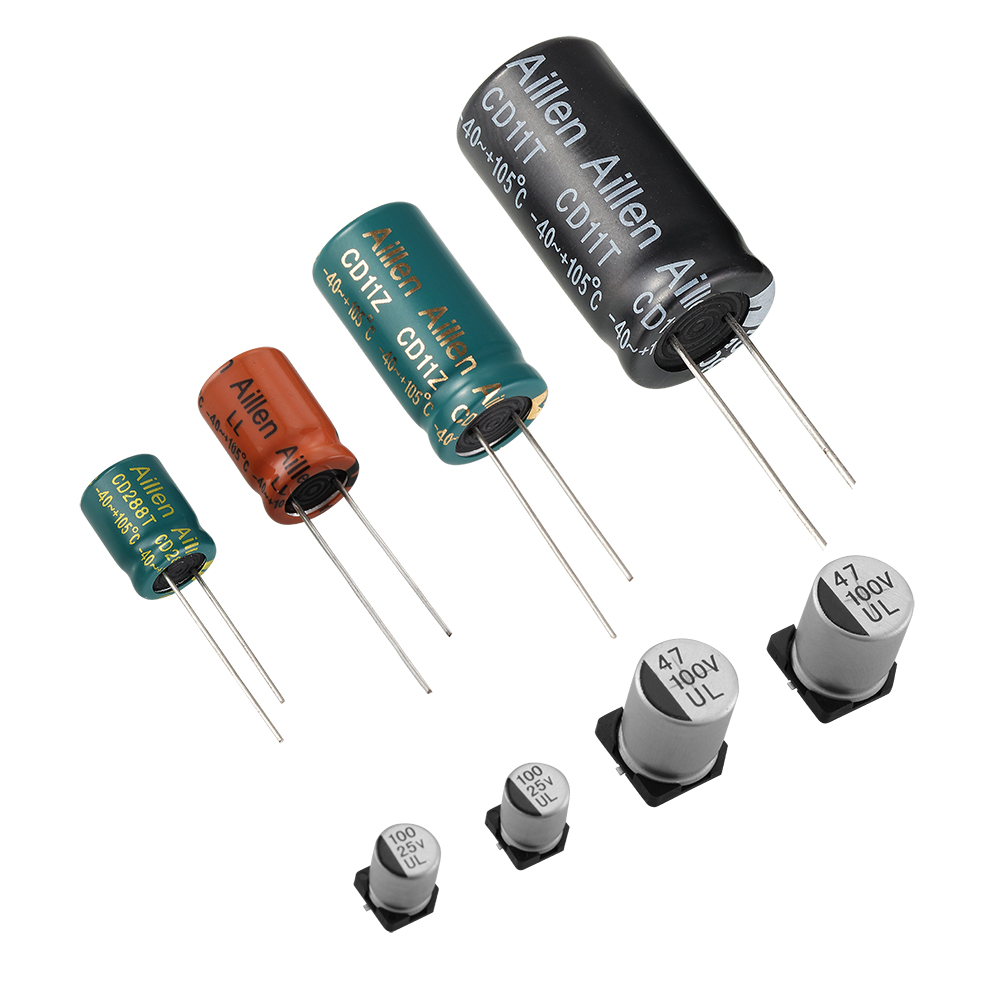Engineers need to know how components fail
The failure of components is directly affected by factors such as temperature, humidity, voltage, and machinery.
The effect of temperature changes on capacitance
The temperature change will cause the dielectric loss of the capacitor to change, thereby affecting its service life. When the temperature rises by 10°C, the life of the capacitor is reduced by 50%, and at the same time, it also causes a change in the resistance-capacitance time constant, and even thermal breakdown due to excessive dielectric loss.
In addition, the increase in temperature will also reduce the insulation performance of inductors, transformers, chokes, etc.
Humidity causes failure
When the humidity is too high when dust containing acid and alkali falls on the circuit board, it will corrode the solder joints and wiring of the components, causing the solder joints to fall off and the joints to break.
Excessive humidity is also the main cause of leakage coupling.
The excessive voltage causes device failure
The stability of the voltage applied to the components is an important condition to ensure the normal operation of the components. Excessive voltage will increase the thermal damage of the components and even cause an electrical breakdown. For capacitors, the failure rate is proportional to the 5th power of the capacitor voltage. For the inherited circuit, a voltage exceeding its maximum allowable voltage value will cause direct damage to the device.
Voltage breakdown refers to the highest withstand voltage that electronic devices can withstand. If the allowable value is exceeded, there is a risk of the failure of the device. There are some differences in the manifestations of the failure of active components and passive components, but there are also allowable upper limits of voltage. Transistor components have a withstand voltage value. Exceeding the withstand voltage value will damage the components. For example, if the voltage exceeds the withstand voltage value of the component, it will cause them to break down. If the energy is large, it will cause thermal breakdown and the component will be scrapped.
Influence of vibration and shock
Mechanical vibration and shock will accelerate the failure of some internally defective components and cause catastrophic failure. Mechanical vibration will also loosen solder joints and crimping points, resulting in poor contact. If vibration leads to undesirable contact between wires, it will have some unexpected consequences.
The humidity is too low and it is easy to generate static electricity, so the humidity of the environment should be controlled within a reasonable range.
